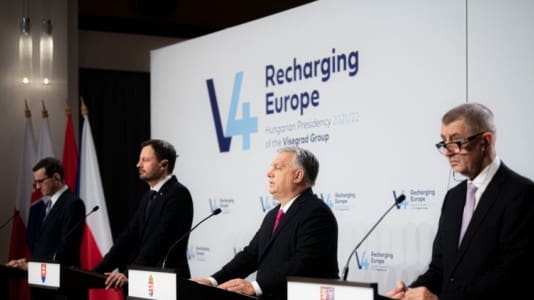Thirteen foreign technology giants — including Google, Apple, Twitter and Mark Zuckerberg’s new company, Meta Platforms — have been forced by the Russian media regulator Roskomnadzor to set up a subsidiary or open a representative office before the end of the year if they want to continue advertising in the country.
Companies have about a month to comply with the new Russian law, which requires them to establish formal channels of communication with local authorities and provide feedback to local users.
The law, passed back in July, also requires technology companies serving about half a million users a day to register with the Roskomnadzor media watchdog and provide special, integrated access to their websites. The list of companies was published in Moscow on Monday — in addition to the ones already mentioned, it includes the Swedish video streaming platform Spotify, the Chinese video sharing application TikTok, as well as Zoom, Discord and Telegram.
If companies do not meet the requirement by the end of the year, they can be banned from the Russian advertising market. Roscomnadzor has repeatedly fined foreign technology companies for disobeying edicts.
In early November, seven companies were fined for not removing illegal content such as encouraging drug use, after they were requested to do so. Three of the companies — Twitter, Facebook and Google — were slapped with a combined $2.6 billion in fines.
However, not only foreign companies, but also Russian companies can count on regulatory rigor. For similar reasons, Odnoklassiki and Vkontakte also had to pay $56,000 and $42,000, respectively. When Roscomnadzor discovers illegal content on the Internet, it sends a removal request to the affected company. If a company fails to comply with a claim, it could be fined heavily, but depending on the gravity of the infringement, it could even be entirely banned from Russia.






